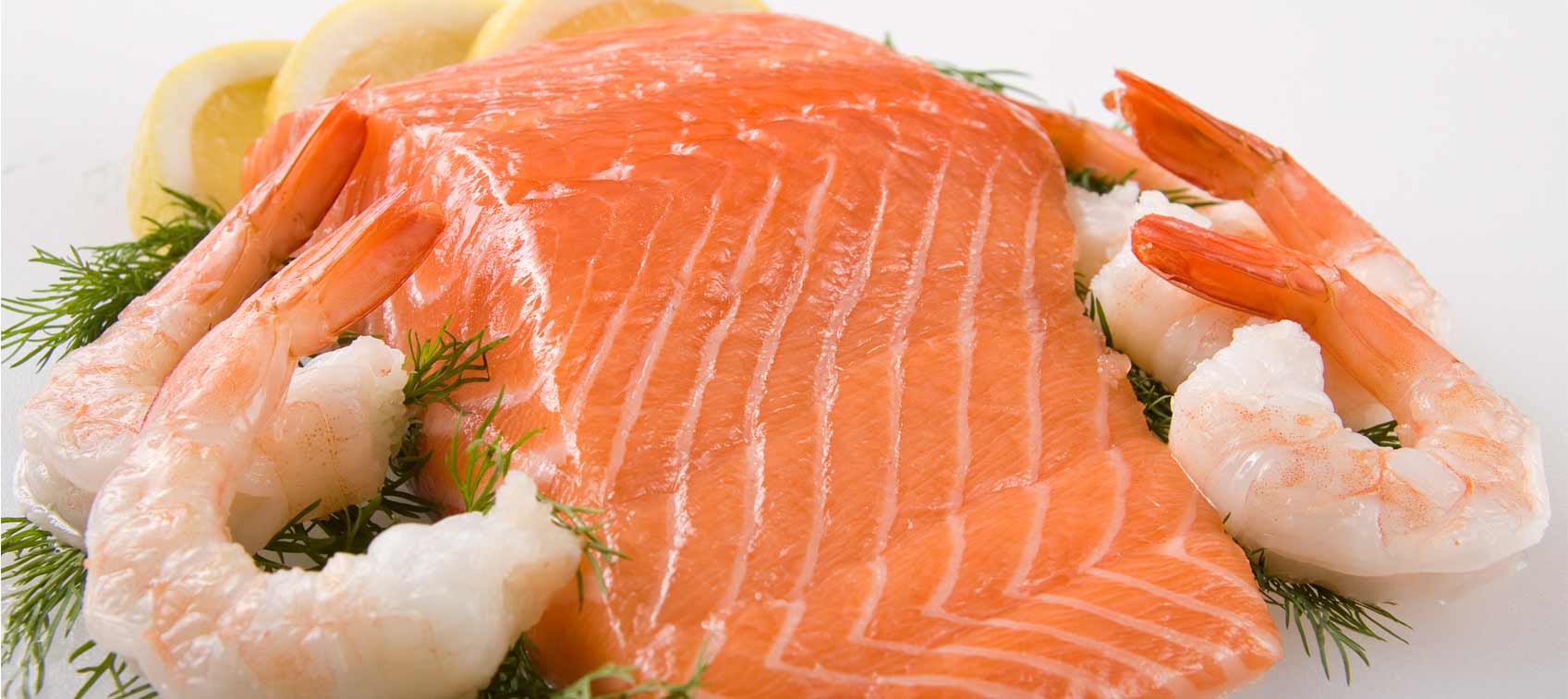
Have you ever wondered what makes salmon, shrimp, and flamingos pink? It’s a carotenoid called astaxanthin. In addition to giving these animals their pinkish hues, research has shown that for us humans, there are multiple health benefits of astaxanthin.
What Is Astaxanthin?
Derived from microalgae called Haematococcus and used extensively in aquaculture (it’s fed to farmed salmon to enhance color), astaxanthin is in the same carotenoid family as beta-carotene, lycopene, and lutein. Astaxanthin is also an ultra-potent antioxidant and anti-inflammatory that possesses several remarkable properties.
For starters, astaxanthin’s antioxidant power is up to 550 times stronger than vitamin E and 10 times more potent than beta-carotene. It is also one of a few nutrients with the ability to not only cross the blood-brain barrier but the blood-retinal barrier as well. That’s why it’s not surprising that astaxanthin benefits encompass many aspects of health, including these:
Heart Health
When it comes to astaxanthin benefits, it is a shoo-in with regard to cardiovascular protection. In addition to preventing lipid oxidation, daily supplementation with astaxanthin has been shown to significantly reduce triglyceride levels and raise notoriously hard-to-increase beneficial HDL cholesterol.
Reducing Inflammation
As mentioned earlier, astaxanthin is an extremely potent natural anti-inflammatory and has been shown to reduce symptoms of rheumatoid arthritis, carpal tunnel syndrome, and muscle soreness.
Eye Health
Another health benefit of astaxanthin is vision support. More specifically, because it can cross the blood-retinal barrier, astaxanthin is uniquely equipped to prevent age- and UV-related damage to the eyes, making it an effective way to ward off macular degeneration and other causes of vision loss.
Other Astaxanthin Benefits
Additional studies have found that the health benefits of astaxanthin include improved endurance and effective treatment for H. pylori, the bacteria that causes ulcers. Because of its ability to cross the blood-brain barrier, it’s also protective against neurodegenerative diseases. Animal studies suggest that astaxanthin possesses powerful antimicrobial and immune-modulating properties as well.
How to Reap the Health Benefits of Astaxanthin
Astaxanthin is naturally present in wild salmon, rainbow trout, and shellfish, and can also be found in very small amounts in red-colored fruits and vegetables (red peppers, carrots, tomatoes, and radishes). But to obtain all of the health benefits of astaxanthin, supplements are the way to go.
For general antioxidant and anti-inflammatory support, take 2–8 mg per day. To help control blood lipids, take up to 16 mg in divided doses.


